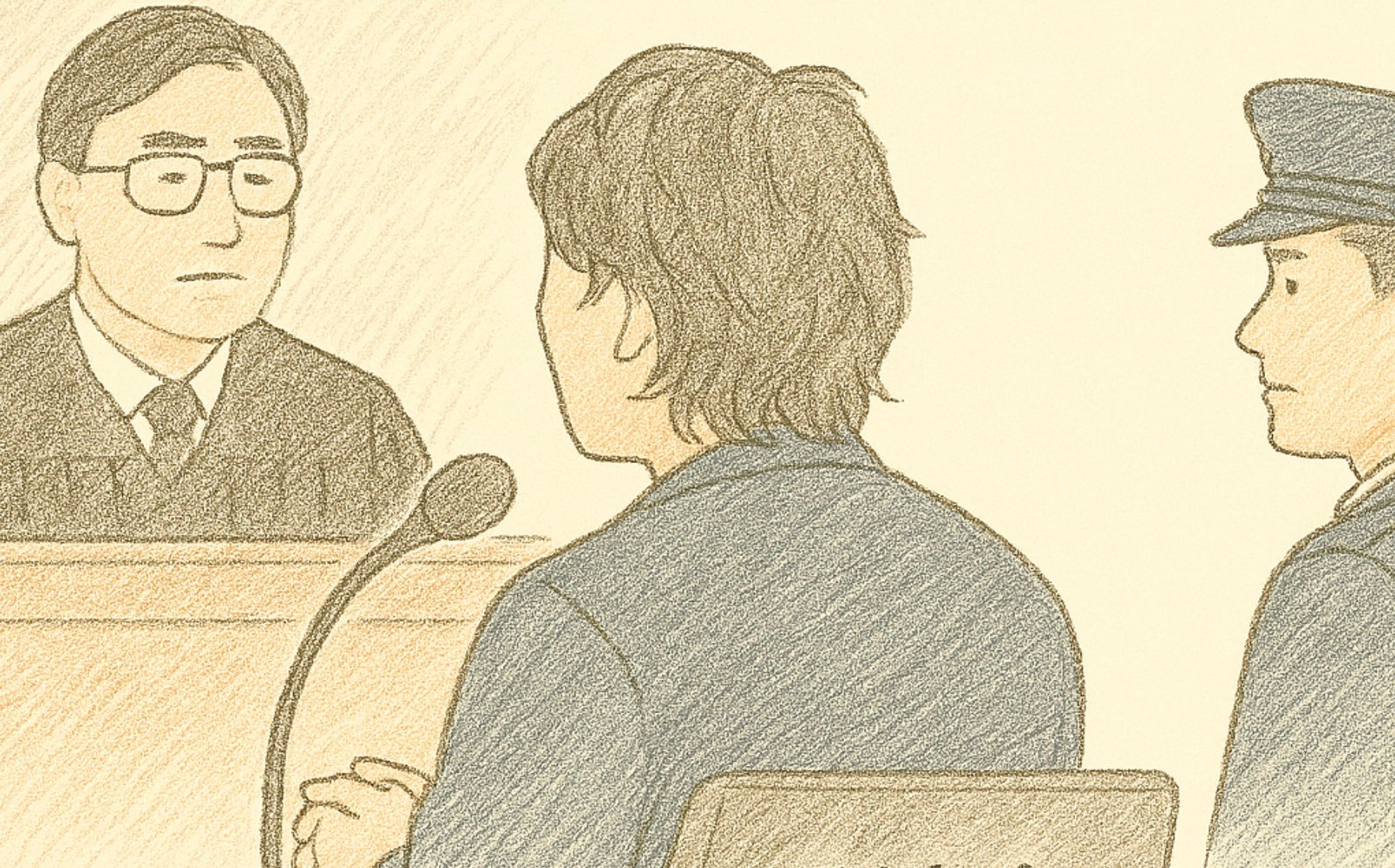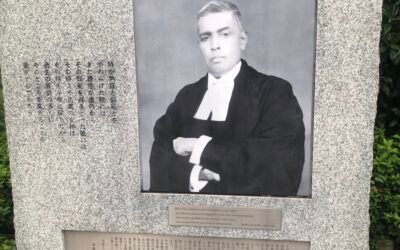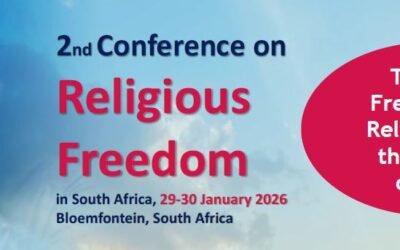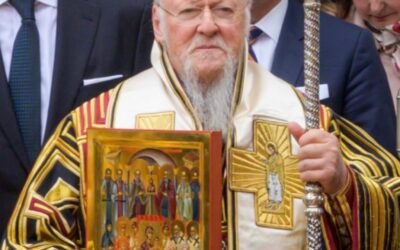The trial of Shinzo Abe’s assassin has been converted by anti-Unification-Church forces into a theater of the absurd.
by Patricia Duval

The ongoing trial in Japan of Tetsuya Yamagami, the assassin of former Prime Minister Shinzo Abe, has stunned me in many ways and prompted me to put pen to paper.
The media are covering this case frantically, presenting the murderer as the victim, due to the suffering he allegedly endured during his childhood because of donations his mother had made some twenty years before the killing to the Unification Church.
Yamagami’s whole family came to testify in Court that he was a victim, or rather, I should say, his younger sister and his mother, as his elder brother committed suicide and his father too, some thirty years ago.
An unfortunate family history indeed, and a tragic fate that had begun long before his mother entered the Church.
The poor mother, faced with her husband’s suicide and the disability of her eldest son, was desperately looking for some help and some hope to go on.
She met believers of the Unification Church and converted to the faith.
She threw herself heart and soul into devotion, in the hope of redemption, to face the fate relentlessly pursuing her family.
She began making donations one after another, on her own initiative, according to her testimony in court, making this a struggle for survival and a priority over her duties as a mother in her daily life.
Her children suffered from the ensuing situation of poverty and lack of care.
She eventually filed for bankruptcy, and the Church, faced with this situation, reimbursed her for half of her donations in substantial monthly payments. This enabled the young sister to finally attend university, but, of course, did not erase the years of struggle that had preceded it.
The devout mother, who now feels terribly guilty about the miserable situation of her son, accused of murder, testified in court in his defense and took full responsibility for the tragic situation that resulted.
But what does this have to do with the killing of a former Prime Minister?
The least we can say is that he is a very distant target in the chain of responsibility for the family’s catastrophic situation, not to say that he has nothing to do with it.
It just so happens that he sent a message of support for certain peacebuilding activities carried out by the Church, which opponents of the Church were quick to denounce as collusion between the Church and political leaders.
The defense attorneys, who unsurprisingly called two lawyers from the National Network of Lawyers Against Spiritual Sales, which is committed to destroying the Unification Church, to the stand, argue that the Church is entirely responsible for the murder. The anti-cult movement (Eight Suzuki) believes that the murder “made sense.”
According to their absurd “logic,” if you have a problem with donations, just go kill the former Prime Minister.
That will certainly solve the problem…
Those lawyers would argue, and have argued in Court, that the poor murderer was in such suffering that he did not think further and targeted the most visible supporter of the Church.
The value of such a stunning statement remains to be seen. If all dispossessed victims were to kill the politicians accused of being responsible, instead of using civil remedies, society would revert to the Stone Age.
The only way this could happen is if there had been years and years of media poisoning and hate speech portraying the Church as a criminal organization, leading to what is known in international law as a “hate crime.”
And the only ones who maintained ties with Yamagami during the years leading up to Shinzo Abe’s assassination since the Church’s repayment in 2009 were the anti-cult movement, which fueled his feelings of resentment and hatred to the point of taking action.
However, even if someone incited hatred and even in his consensual role as a puppet, the assassin must be held fully responsible for his actions, because ultimately, he remained free to choose his behavior.

Patricia Duval is an attorney and a member of the Paris Bar. She has a Master in Public Law from La Sorbonne University, and specializes in international human rights law. She has defended the rights of minorities of religion or belief in domestic and international fora, and before international institutions such as the European Court of Human Rights, the Council of Europe, the Organization for Security and Co-operation in Europe, the European Union, and the United Nations. She has also published numerous scholarly articles on freedom of religion or belief.



